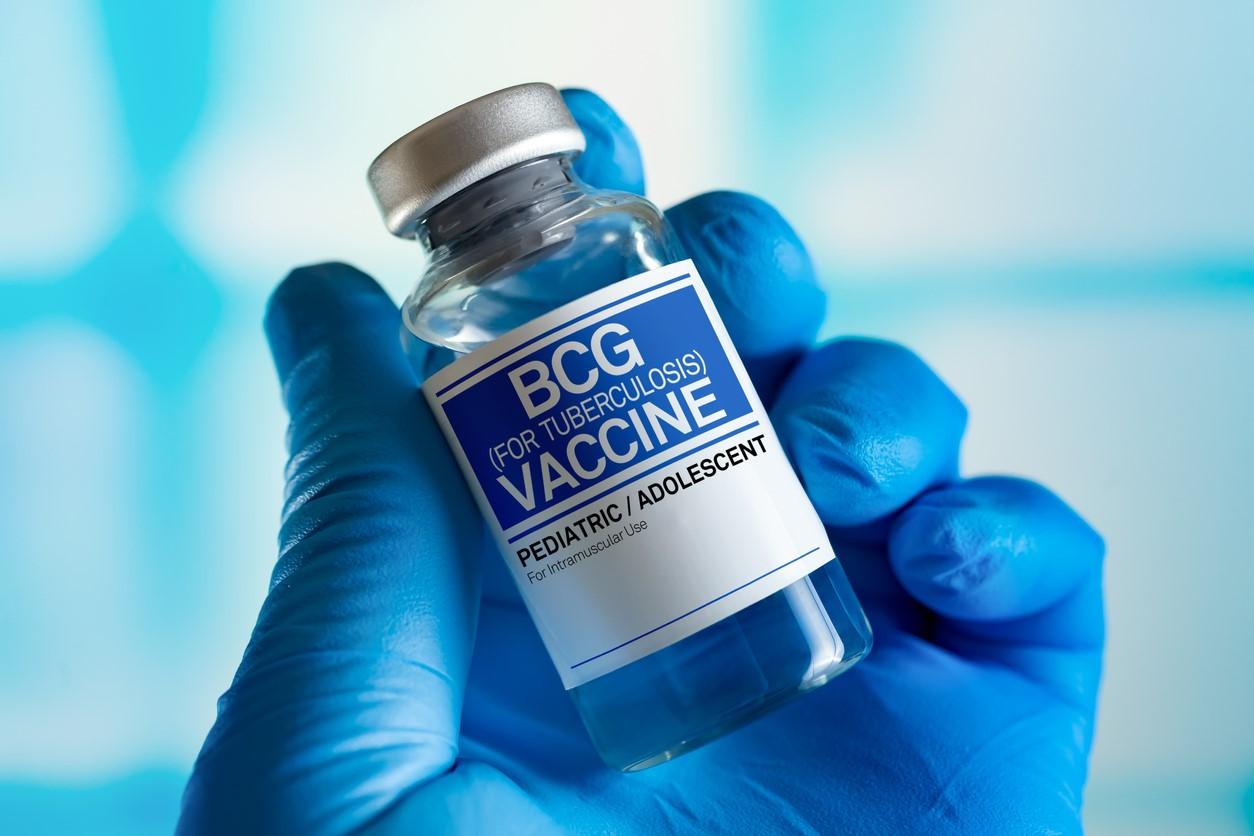
angelp / iStock
A new report from the World Health Organization (WHO) is calling for bold steps to ensure equitable access to future tuberculosis (TB) vaccines.
Although there is one currently licensed vaccine for TB, its age—it was first used more than 100 years ago—and limited effectiveness in adolescents and adults has prompted a renewed focus from the WHO on TB vaccine development. As of September 2025, there are 16 candidate vaccines in clinical development, with 6 in phase 3 trials, and high-burden countries are starting to prepare for the rollout of a TB vaccine in coming years.
But the report from the WHO’s TB Vaccine Accelerator Council suggests that global demand could outstrip supply in the initial years after vaccine registration, because there is currently no earmarked funding for novel TB vaccines in low- and middle-income countries most affected by TB, and manufacturers face uncertainty on country demand and financing. The report estimates that global procurement of TB vaccines for all countries could cost US $5 billion to $8 billion from 2030 to 2040.
Solutions for ensuring equitable access
To address the anticipated bottlenecks and barriers to access, the report identifies six potential solutions:
Use global catalytic instruments to aggregate demand from high-burden countries and to incentivize manufacturersGenerate country-led evidence packages to accelerate national decision-making and budget planningClarify available domestic financing commitments and donor fundingCreate a structured coordination platform that links supply and demand stakeholdersEstablish minimum standards for market transparencyPromote technology transfer and licensing to at least one manufacturer in each high-burden region
The WHO estimates that a TB vaccine for adolescents and adults that is at least 50% effective could, over 25 years, avert up to 76 million TB cases, 8.5 million deaths, 42 million antibiotic courses, and $42 billion in healthcare costs for affected families.
“New TB vaccines have the potential to save millions of lives faster and change the course of the epidemic,” WHO Director-General Tedros Adhanom Ghebreyesus, PhD, said in a WHO press release. “By harnessing the power of science, partnership and finance, we can realize our shared vision to end TB.”

